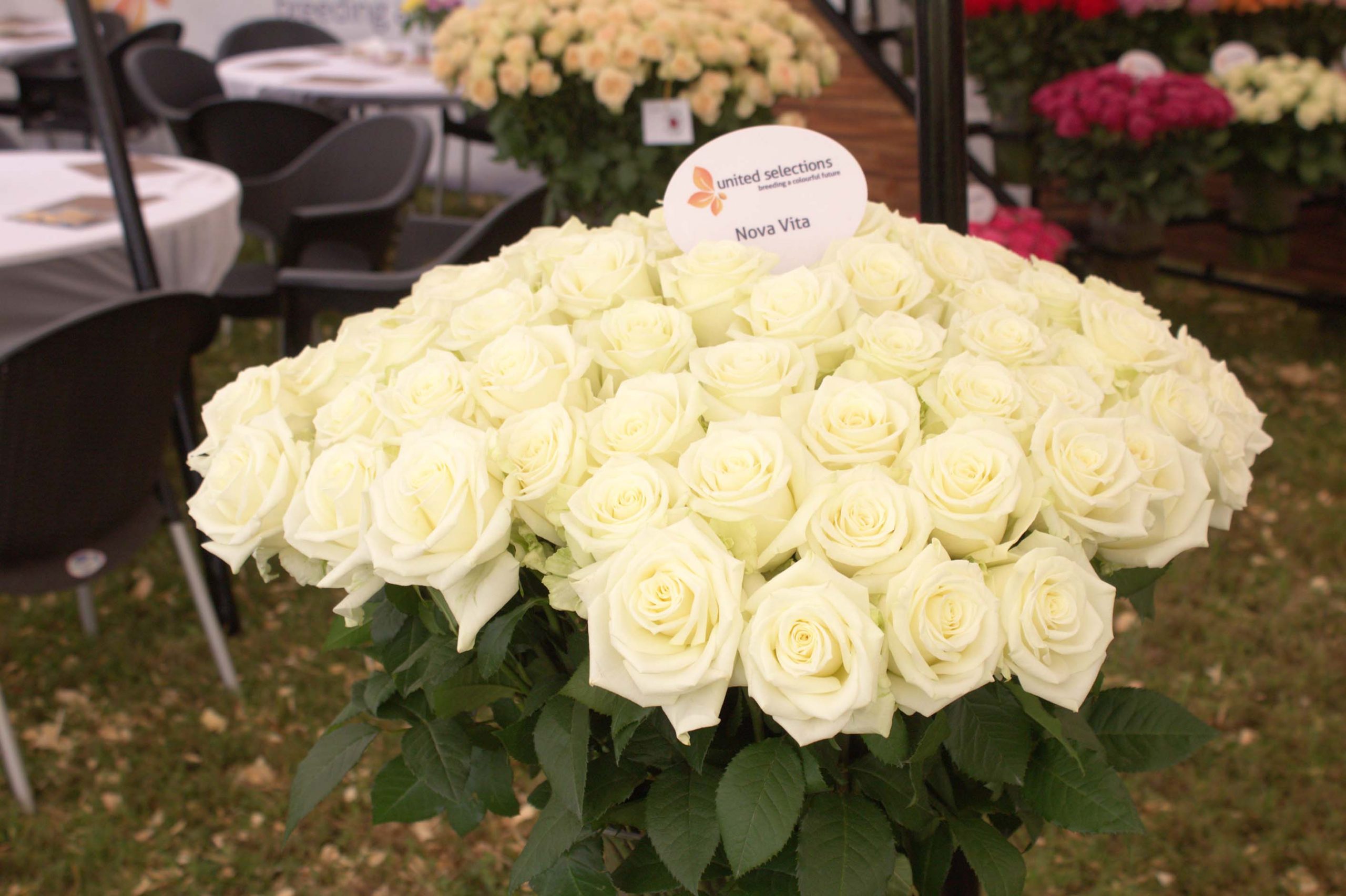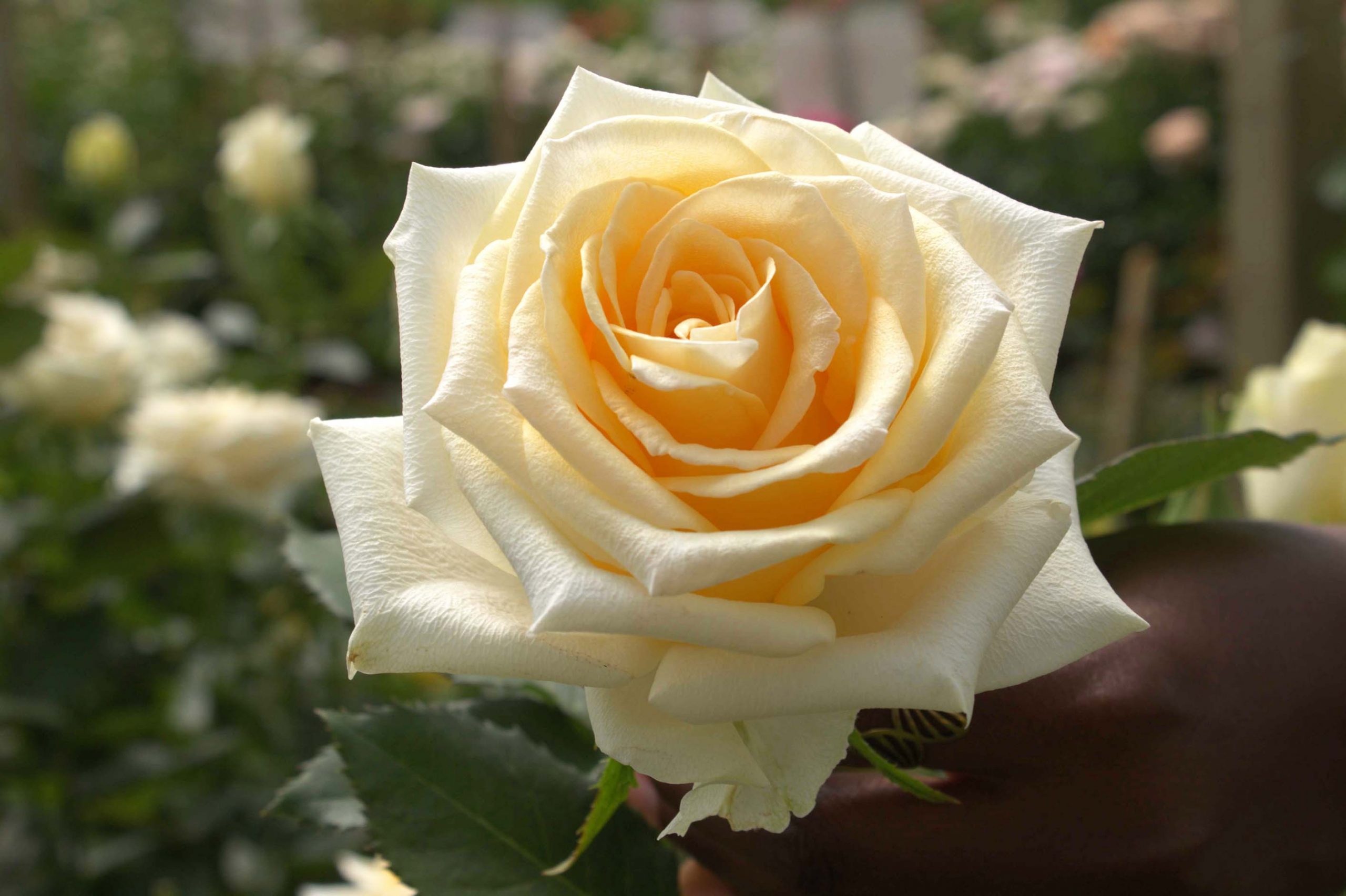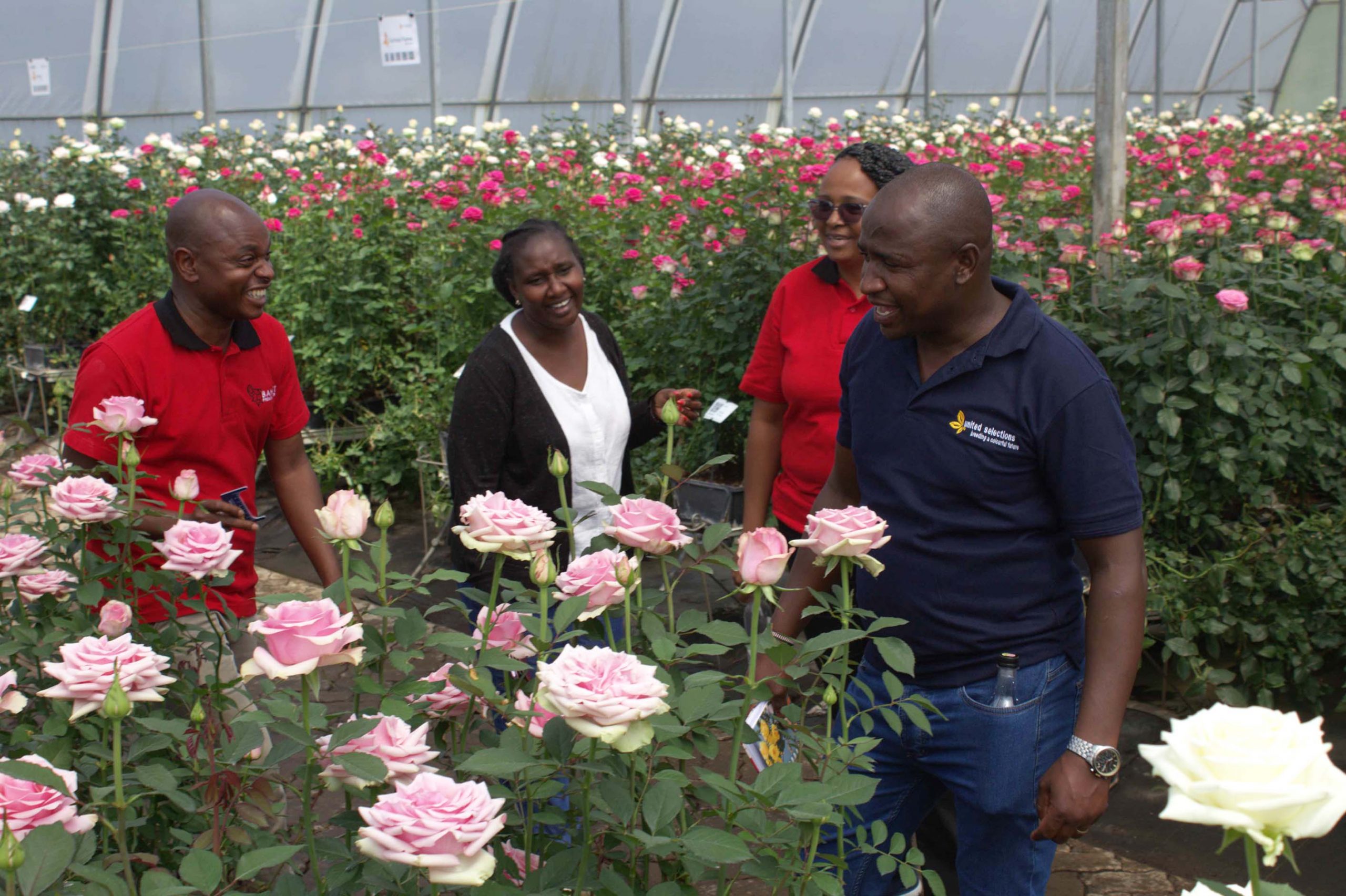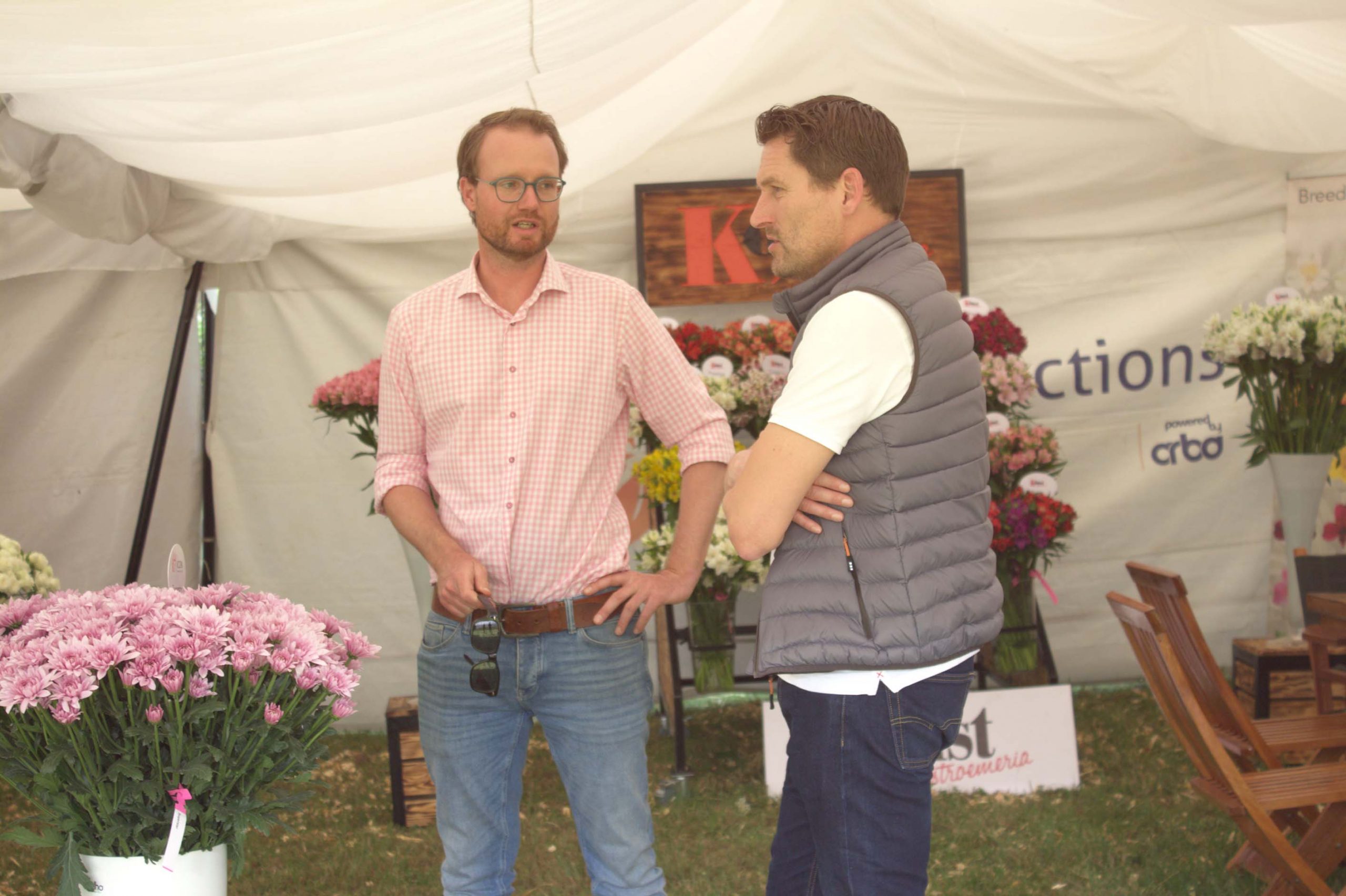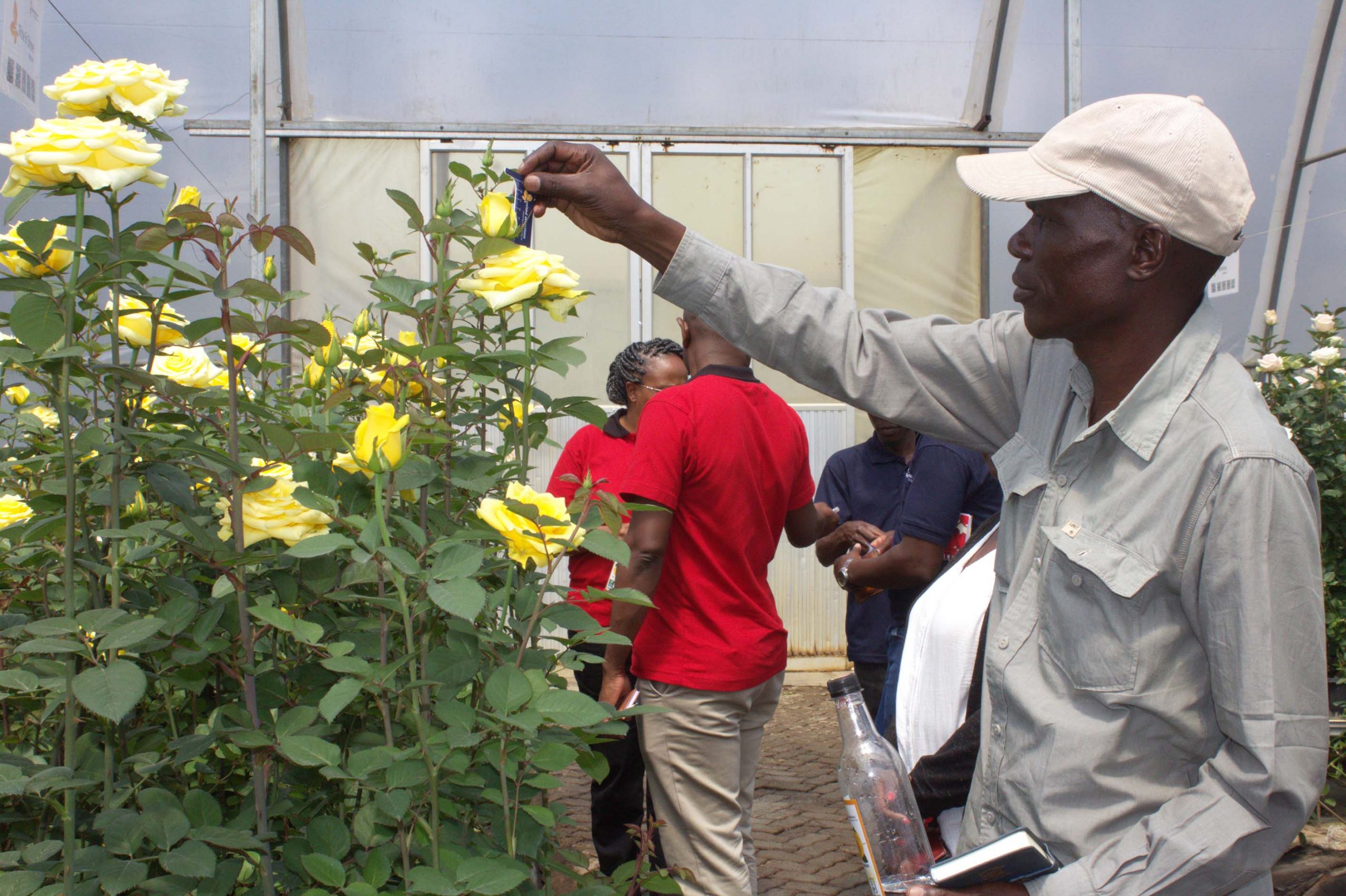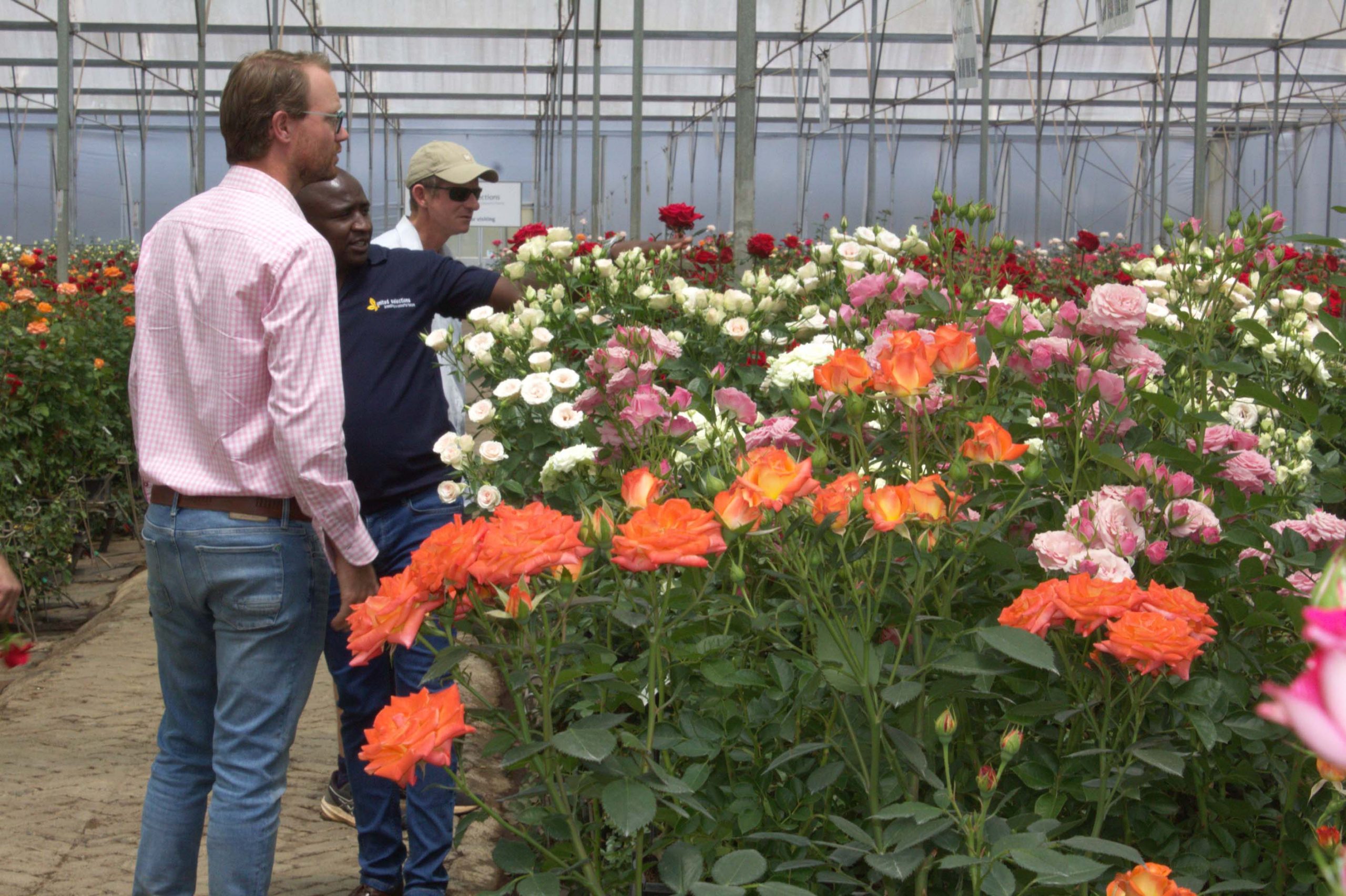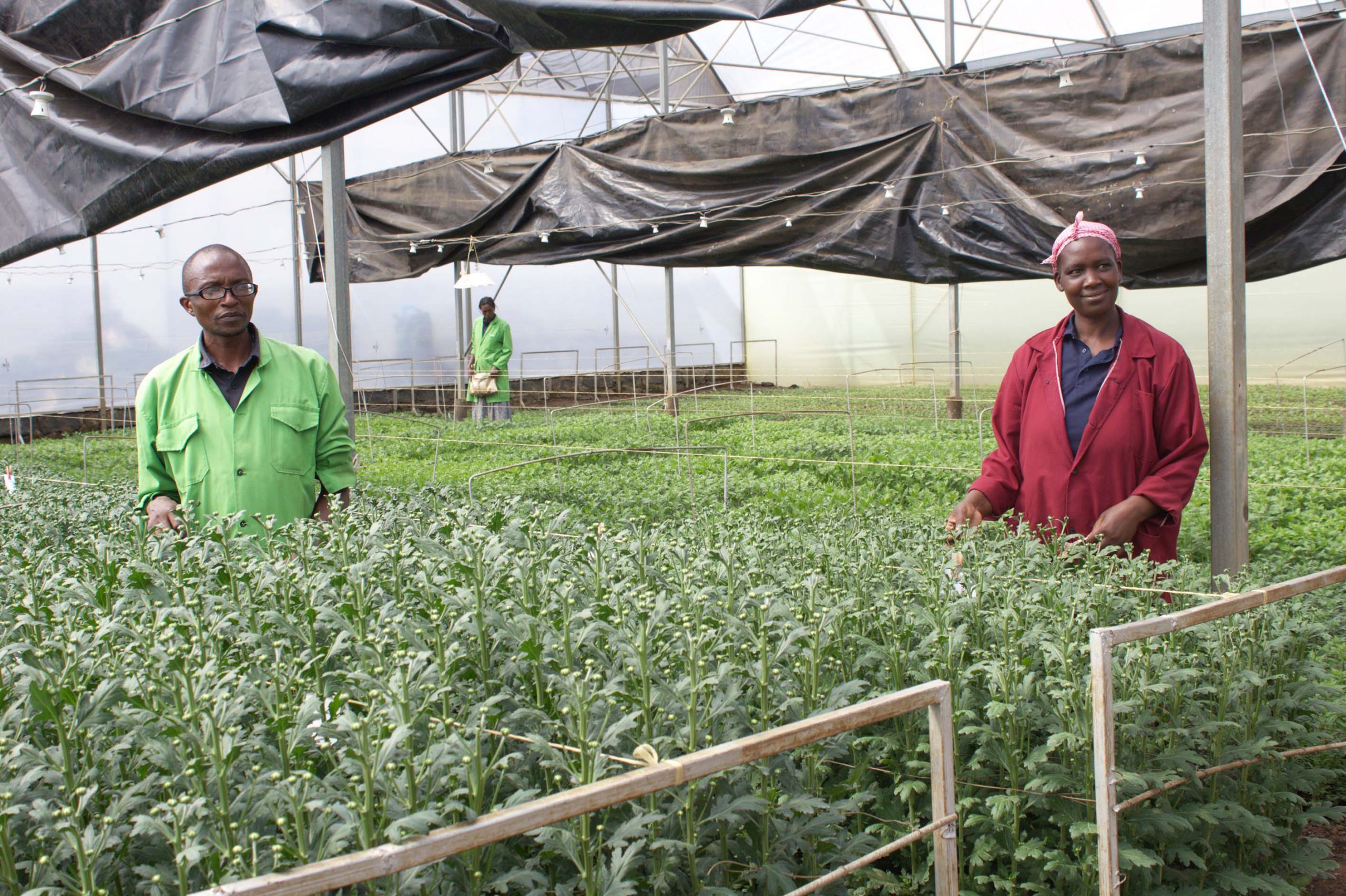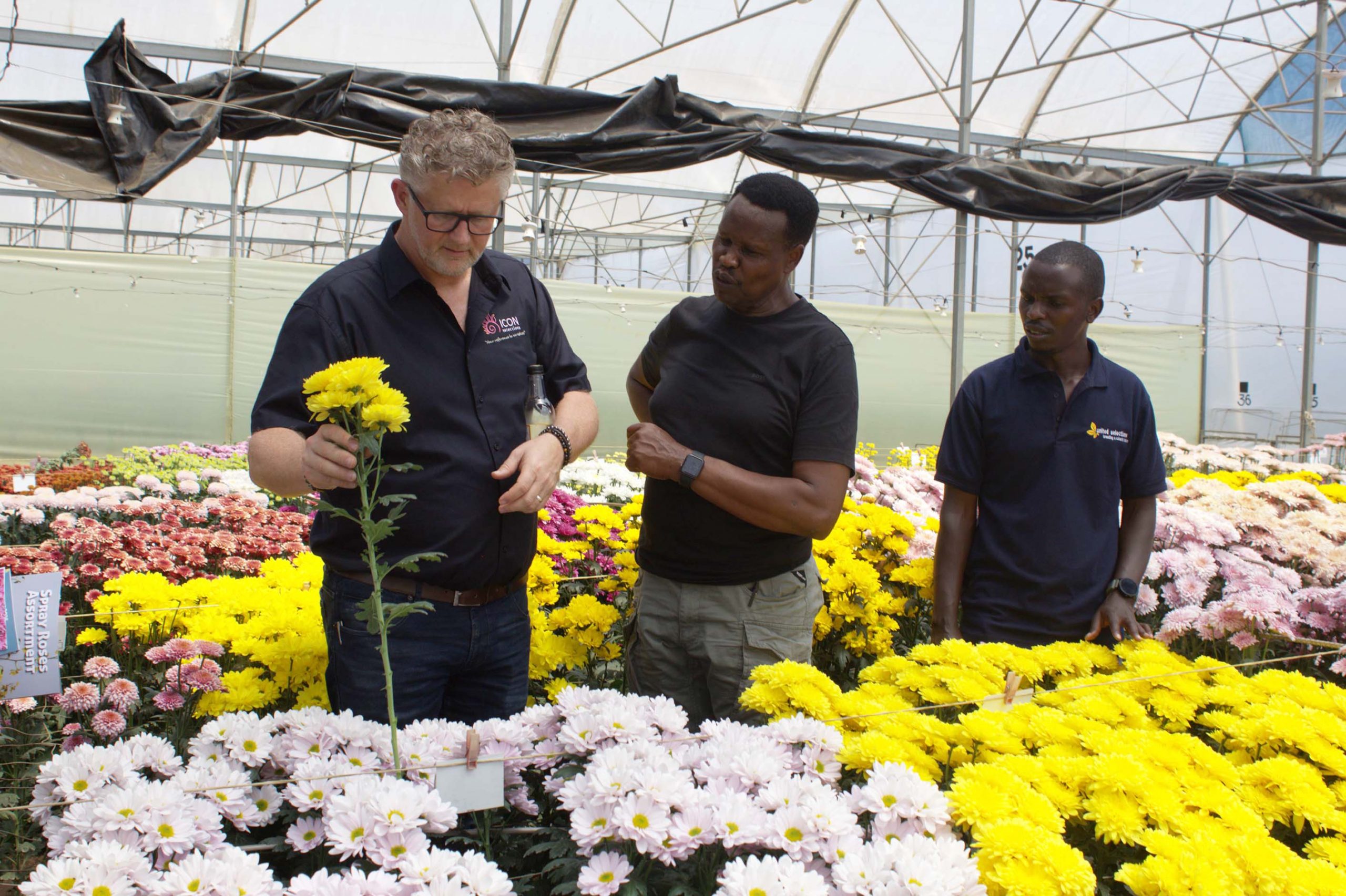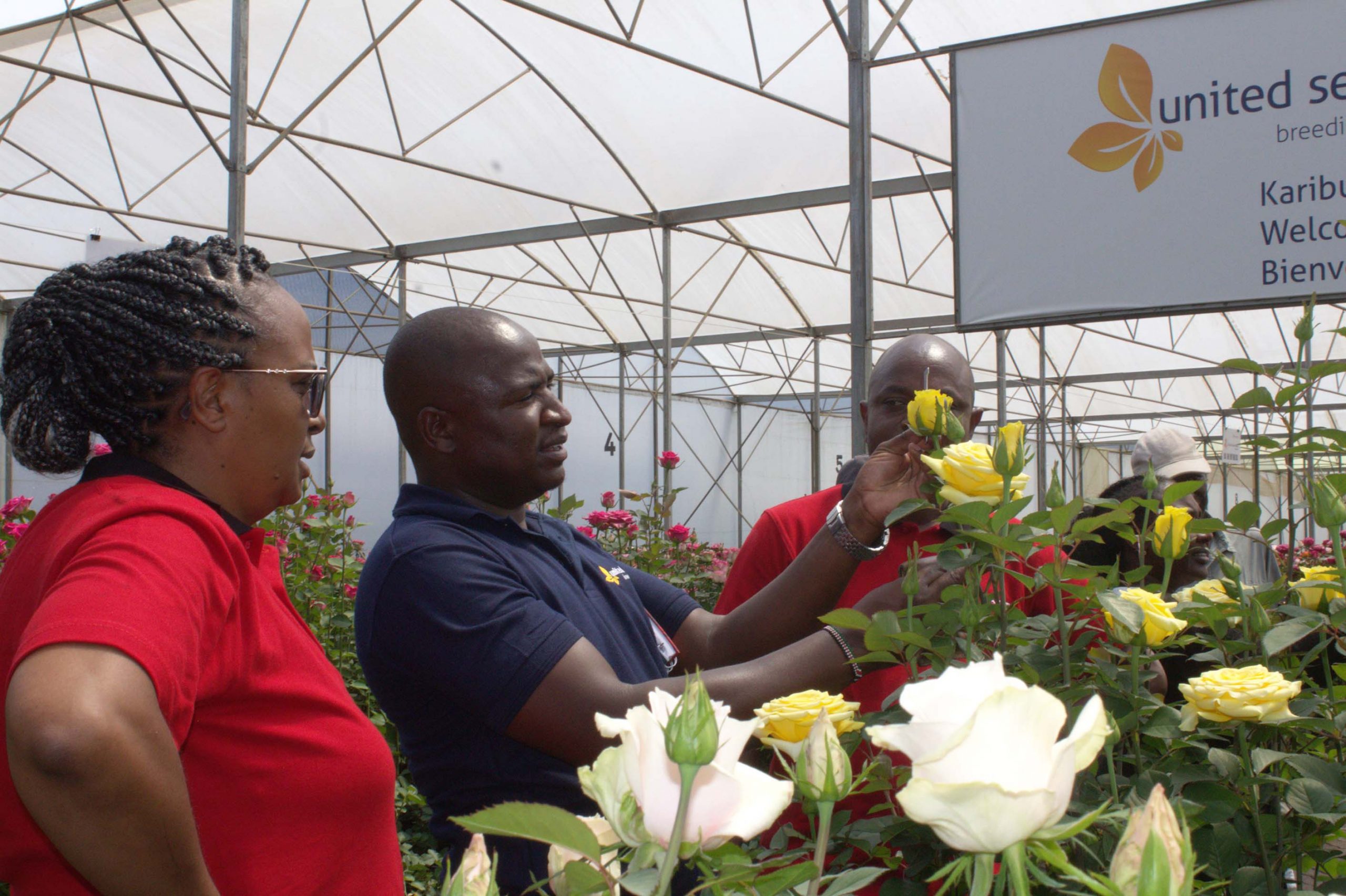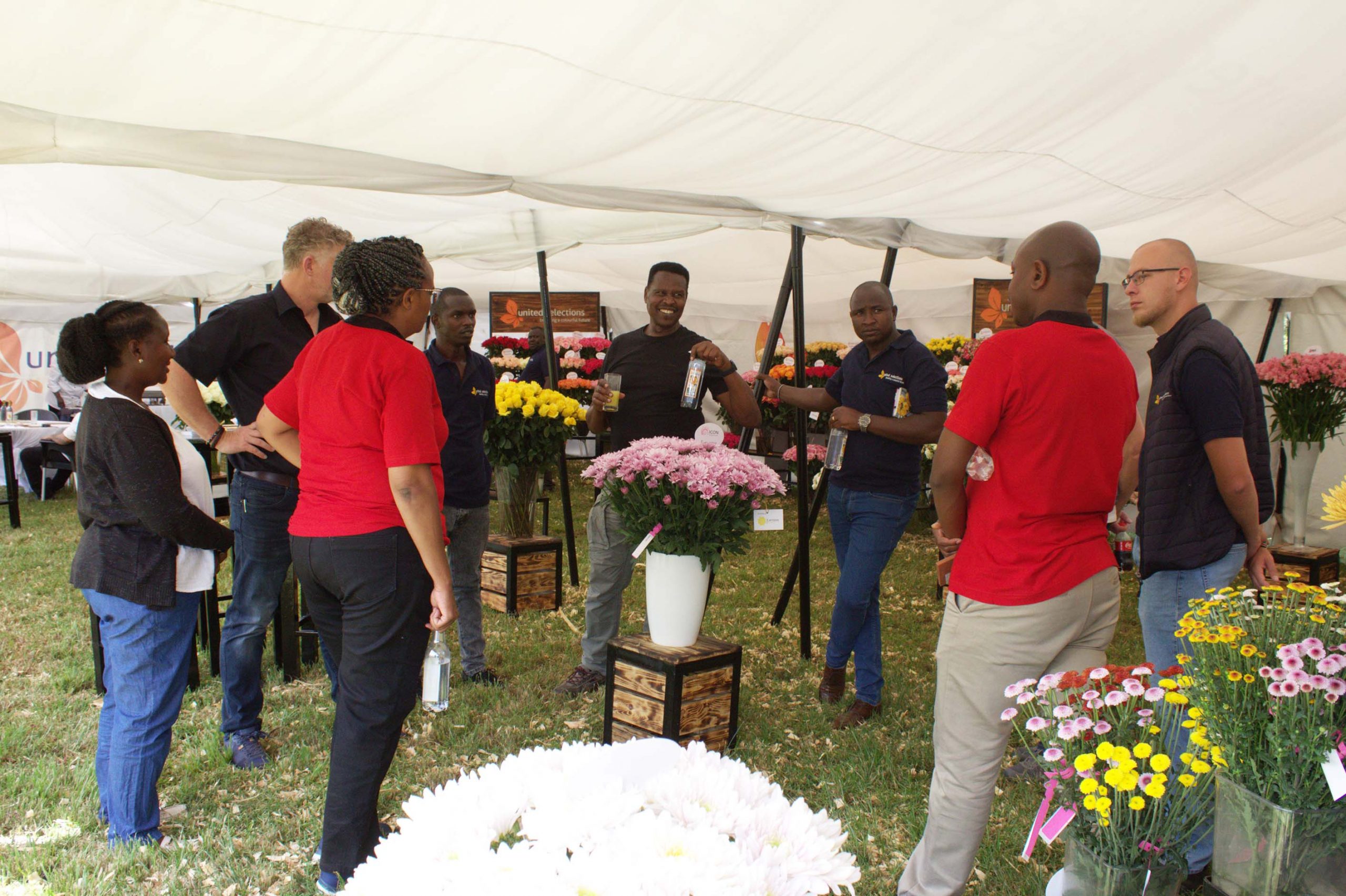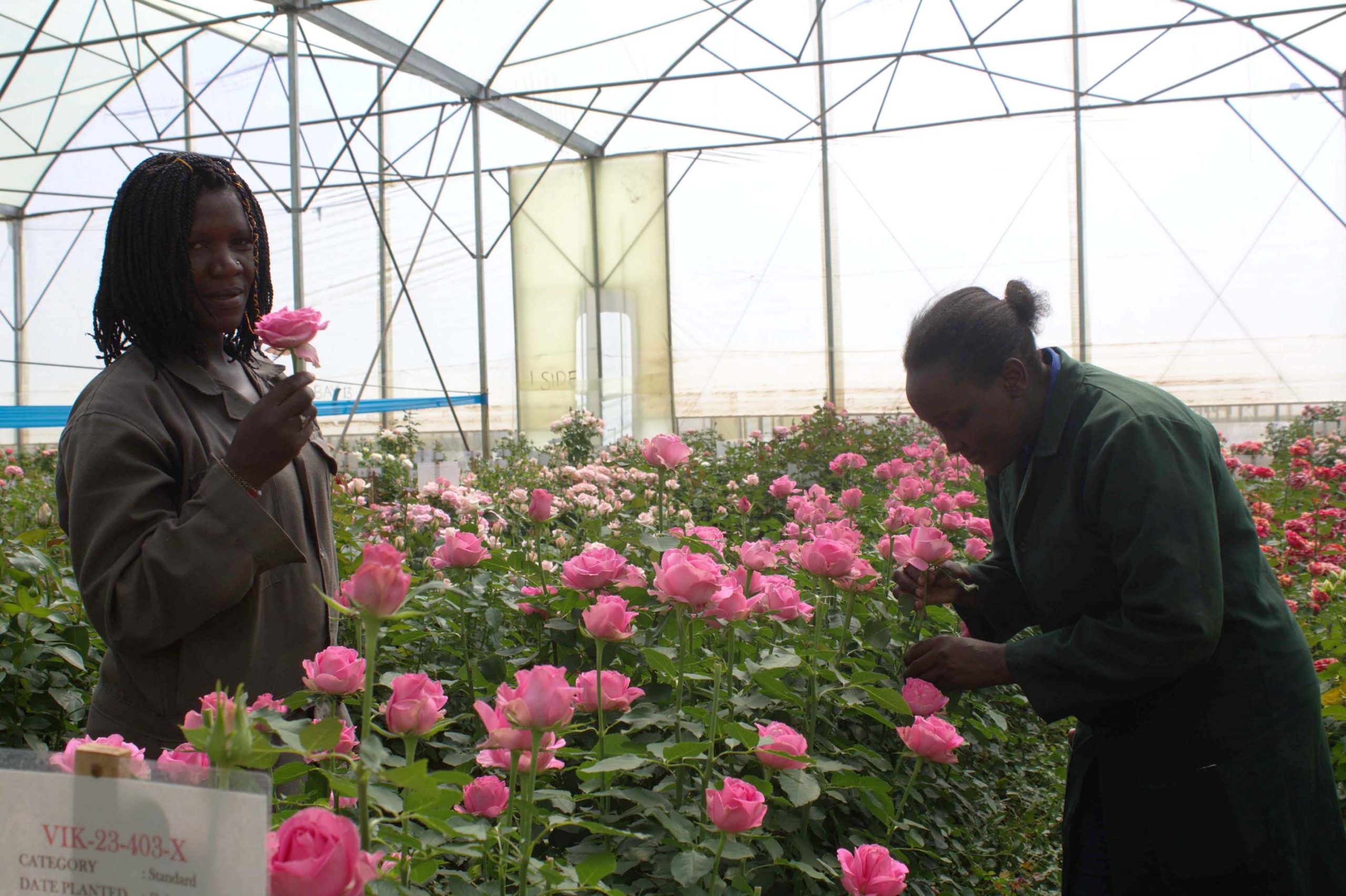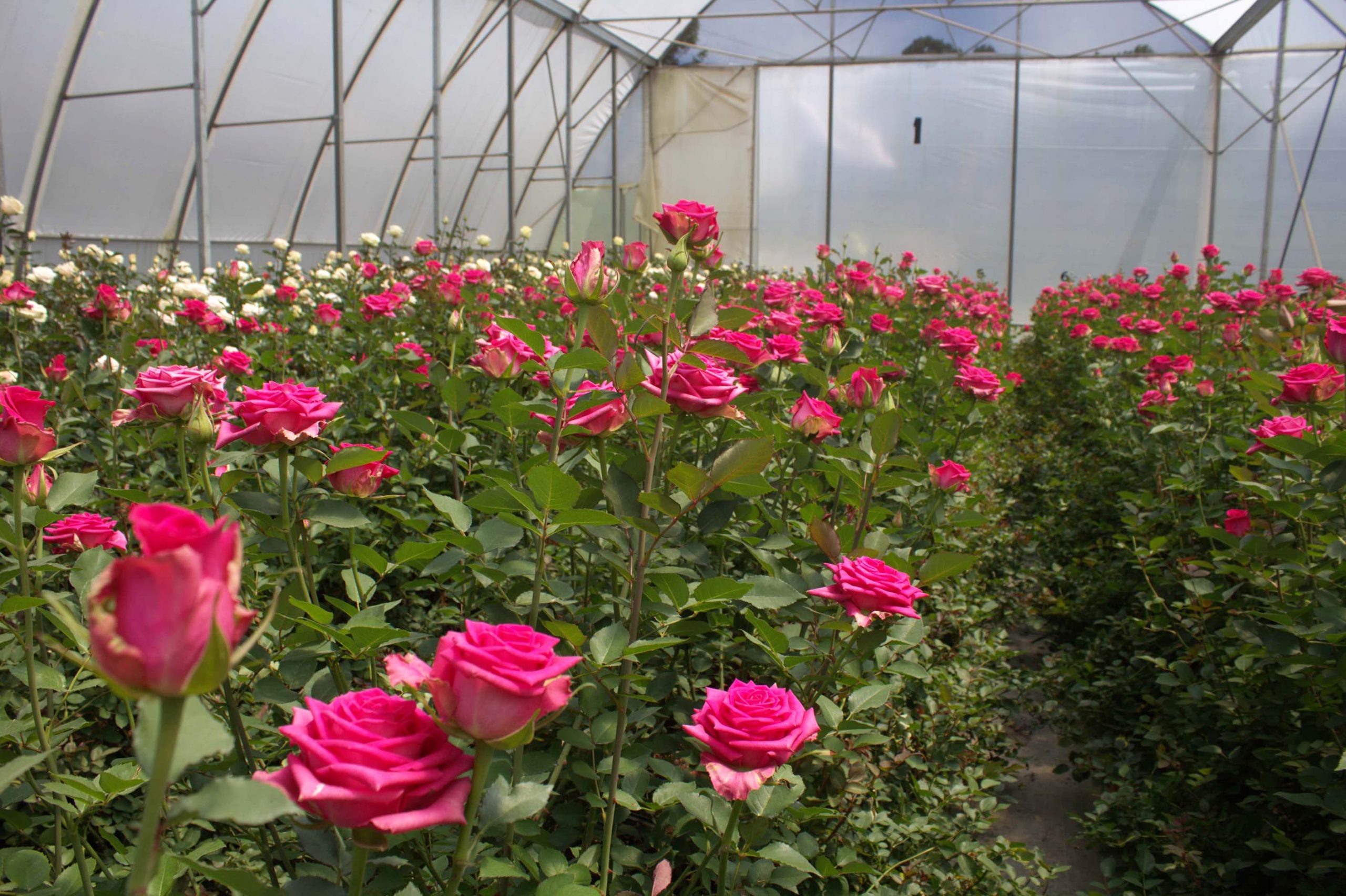
Over the course of one week, Kenya’s floriculture industry opened its doors to showcase its innovation, diversity, and potential. Breeders and growers came together at open days hosted by United Selections for Icon Selections& Konst Alstroemeria, and Viking Roses, each bringing a unique perspective on the sector’s growth and challenges.
A Global Floriculture Powerhouse
Kenya is the world’s fourth-largest exporter of cut flowers supplying convincingly 40% of Europe’s floral demand. Its favorable climate, rich soils, and skilled labor make it an ideal hub for floriculture. Breeders like United Selections, Icon Selections, Konst Alstroemeria, and Viking Roses leverage these conditions to develop innovative varieties tailored to both local and international markets.

“We breed roses locally in Kenya, giving us the advantage of tailoring our varieties to thrive in these specific conditions,” said Jelle Posthumus, CEO of United Selections. The company’s open day in Nakuru highlighted their commitment to breeding roses that offer intense colors, long vase life, and high productivity.
Trends Shaping the Industry
1. Diversification and Specialty Varieties
Growers are increasingly seeking to diversify beyond traditional rose varieties, embracing specialty flowers like Alstroemeria and spray roses. Konst Alstroemeria, for instance, showcased varieties such as Dubai, a baby pink Alstroemeria, and Debbie, a true pink variety with thicker stems and premium quality.
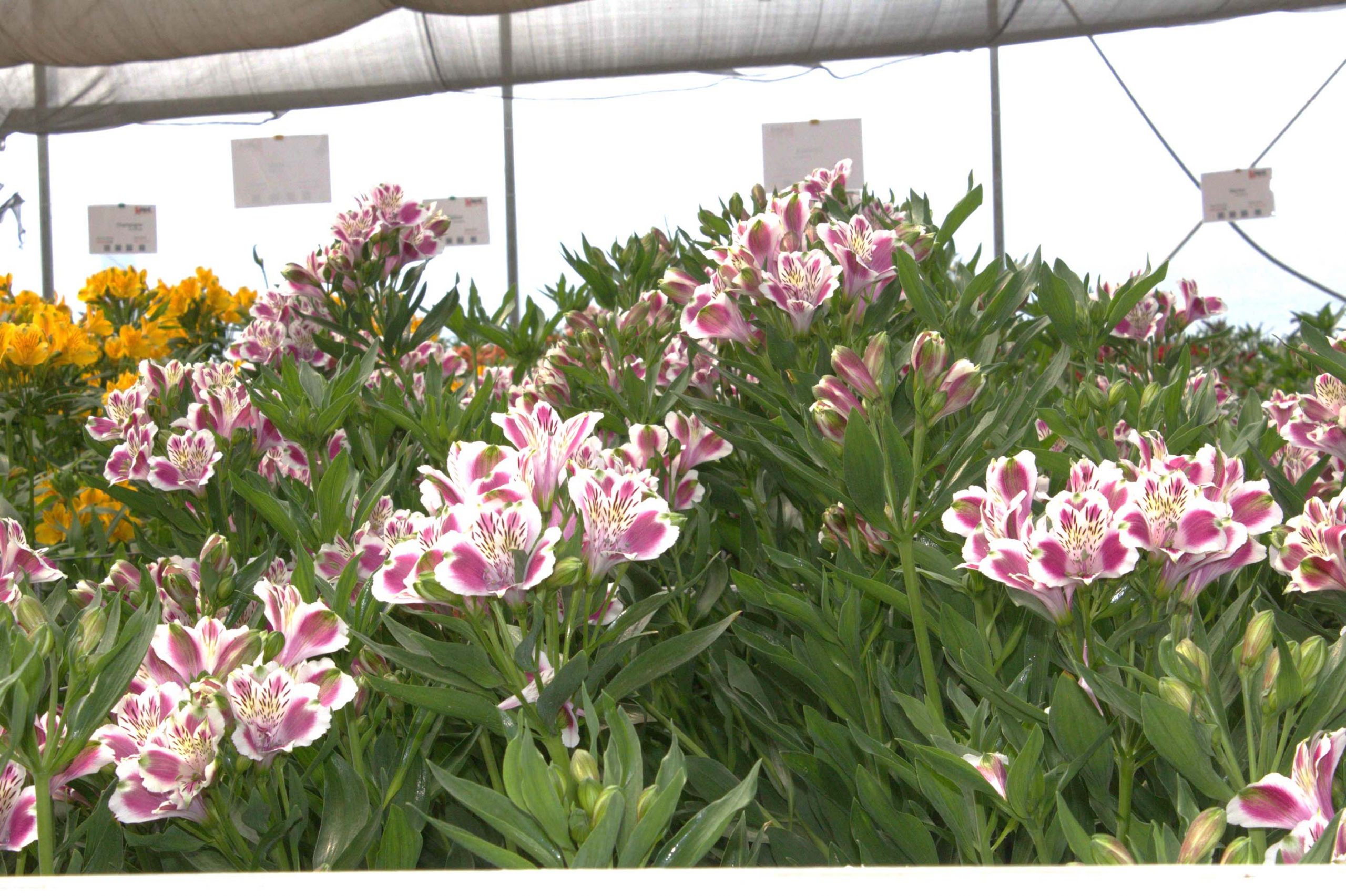
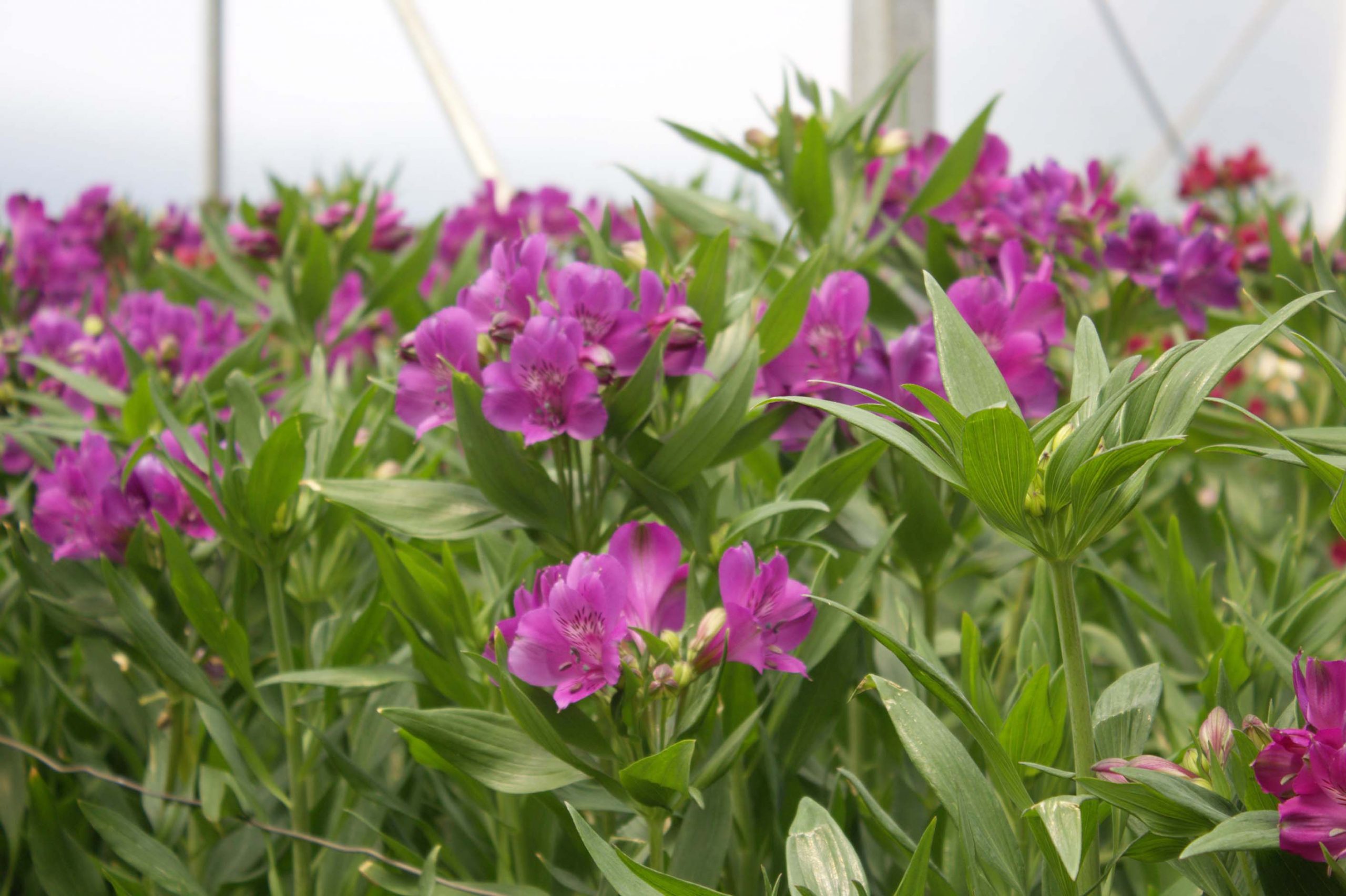
“Farms are moving towards bouquets that incorporate diverse shapes, colors, and textures. Alstroemeria has become a popular choice for its vibrant hues and long vase life,” noted Bart Tesselaar, sales representative for Konst Alstroemeria.
Similarly, Viking Roses is redefining the rose market with unique offerings like Rosa Loves Me Radiant Rebecca, a vibrant pink spray, and Majestic Sunrise, a peach spray. “We focus on exclusivity and quality, encouraging growers to cultivate small-scale, high-value plots,” said Abuti Angeline, marketing representative for Viking Roses Kenya.
2. Sustainability as a Core Principle
Environmental sustainability is a growing priority for breeders and growers. Icon Selections, a chrysanthemum breeder, has adopted practices that minimize chemical use and enhance soil health. “We breed our varieties to thrive naturally, reducing the need for growth regulators and other inputs,” said Jan Haksmal, of Icon Selections.
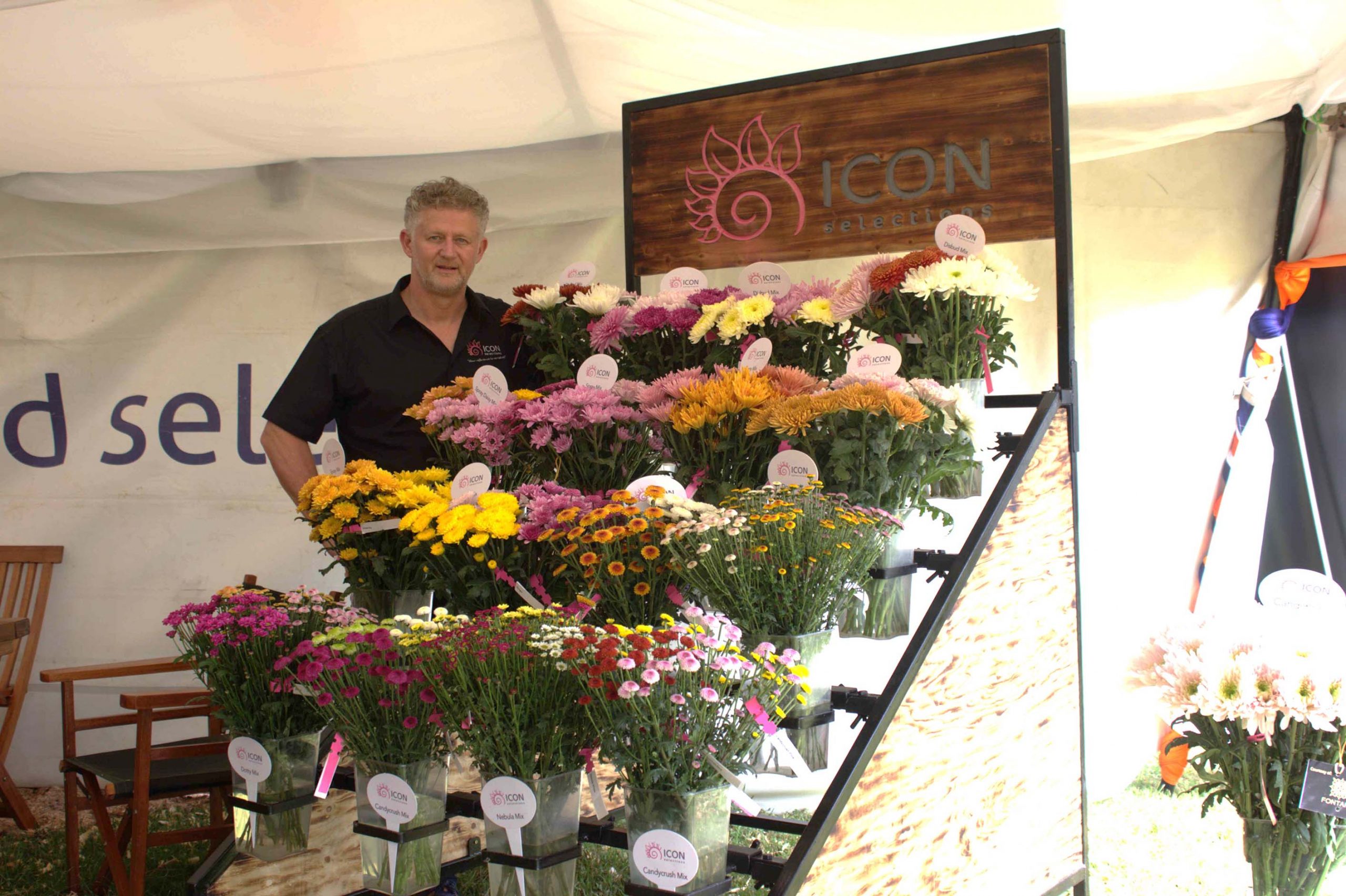
Breeders are also focusing on developing flowers with stronger resistance to pests and diseases, reducing reliance on pesticides. These efforts align with global trends toward sustainable agricultural practices and lower carbon footprints.
3. Expanding Markets and Shifting Preferences
The Middle East and Asia are emerging as key markets for Kenyan flowers, with demand driven by growing disposable incomes and shifting cultural preferences. “People in these regions are discovering the joy of flowers not just for events but for home décor, creating a steady increase in demand,” observed Jelle Posthumus.
Despite these opportunities, the industry faces challenges such as fluctuating global policies, rising production costs, and intense competition among breeders. However, Kenya’s strategic location and robust infrastructure offer a competitive edge.
The Future of Kenyan Floriculture
Kenya’s floriculture industry is at a pivotal moment, with breeders and growers embracing innovation, collaboration, and sustainability to stay ahead. The open days served as a testament to the sector’s resilience and potential, showcasing groundbreaking varieties and fostering connections between stakeholders.
“Flowers bring happiness and life to any space,” said Bart Tesselaar, reflecting on the impact of the industry. As breeders like Icon Selections, Viking Roses, and Konst Alstroemeria continue to push the boundaries of floriculture, Kenya is well-positioned to remain a global leader in this blooming industry.
